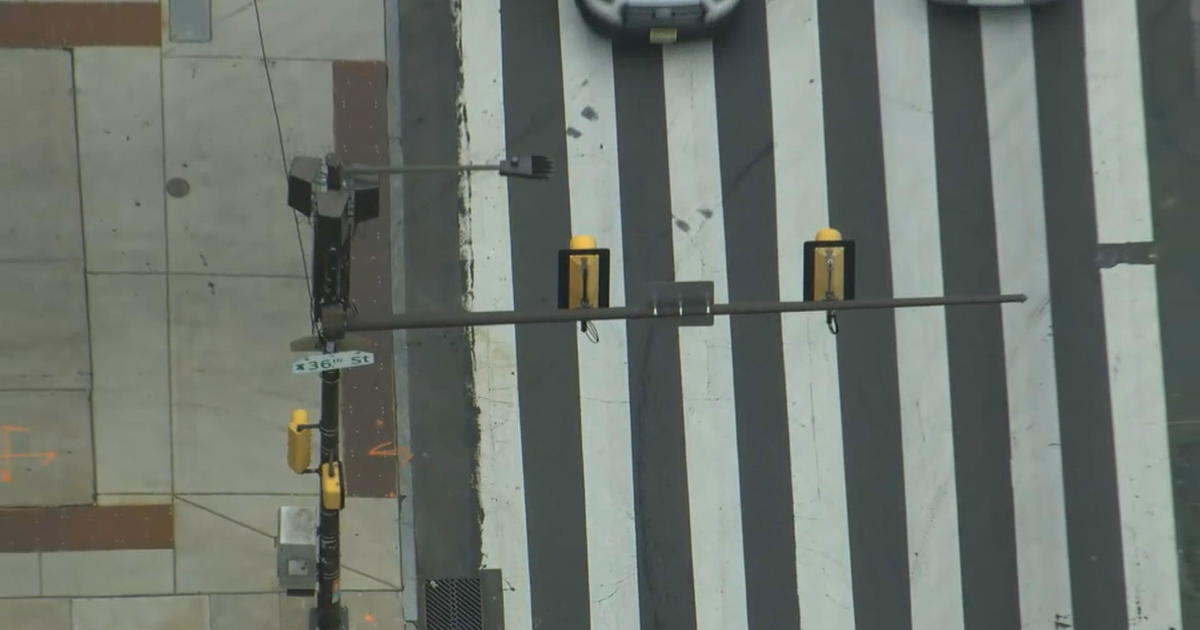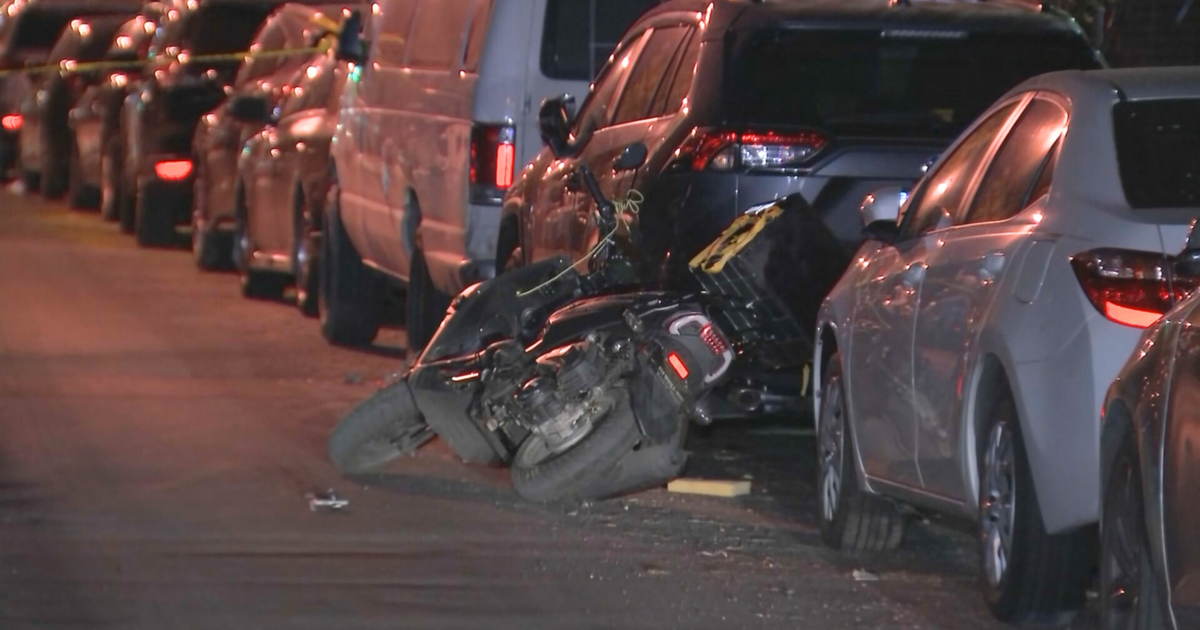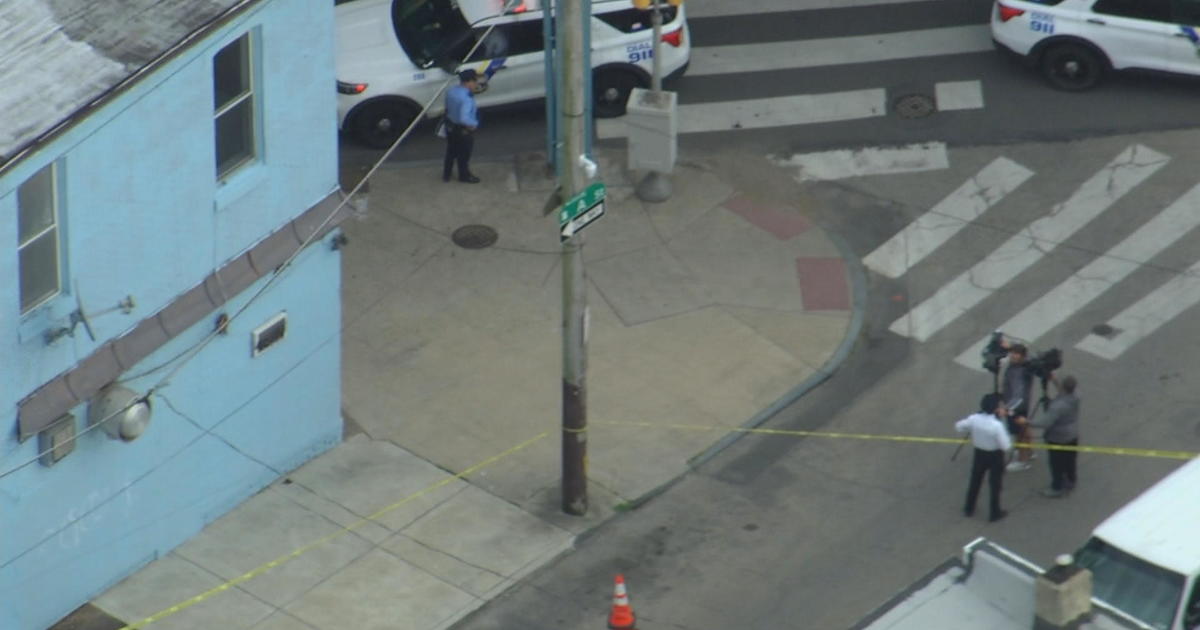Local Attorney Weighs In On City's Controversial Stop And Frisk Policy
By Cherri Gregg
PHILADELPHIA (CBS) -- The controversial police pat down of a 16-year-old honor student who claims he was manhandled during the incident has many in the community asking, "when is it wrong to stop and frisk?" (Read related story)
Attorney David Rudovsky worked with the ACLU in representing a class of plaintiffs in a 2010 suit against the city of Philadelphia over its stop and frisk policy.
"We were getting a lot of complaints from people who had stopped who said they had done nothing wrong," he says, "they were standing on the street corner, they were walking to the store, they were in their neighborhood, they weren't doing anything wrong, they were stopped and in many cases they were frisked and treated very rude and sometimes in a very offensive way."
Rudovsky says the majority of those complaining of the unlawful frisks were African American and Latino. He says the city settled the class action in 2011. Rudovsky drafted a consent decree whereby the city agreed to only conduct stop and frisks that fall within the confines of the law.
For a stop, Rudovsky says there must be "reasonable suspicion" of illegal activity. For example, if police see someone committing an act that is a crime or is otherwise unlawful, like drinking from an open container on the street, a minor out past curfew or they suspect someone is preparing to commit a crime -- all of those reasons for a stop are valid.
"They can stop you, they can ask you what you are doing," says Rudovsky, "but there are a lot of situations where it is inappropriate."
Rudovsky says under the agreement, loitering, hanging out on the corner, running down the street, acting "suspiciously," or simply being in a high crime or high drug area without more, is not valid for a stop. He says frisks require a separate analysis.
"The additional requirement that you have reasonable suspicion that the person is armed and dangerous," he says, "officers should not have to put their lives at risk."
Rudovsky says officers can frisk a suspect who looks as though he or she may be armed -- there are numerous factors, including fidgeting, bulging pockets, hands in pockets, etc. But Rudovsky says a frisk is not a full-out body search -- it's simply a pat down.
"It's basically, put you your hands on the wall and they feel through your clothing," he says, "they can't even go in your pockets -- it's not a search for drugs, it's not a search for contraband."
For more of Rudovsky's analysis, listen to the full podcast:



